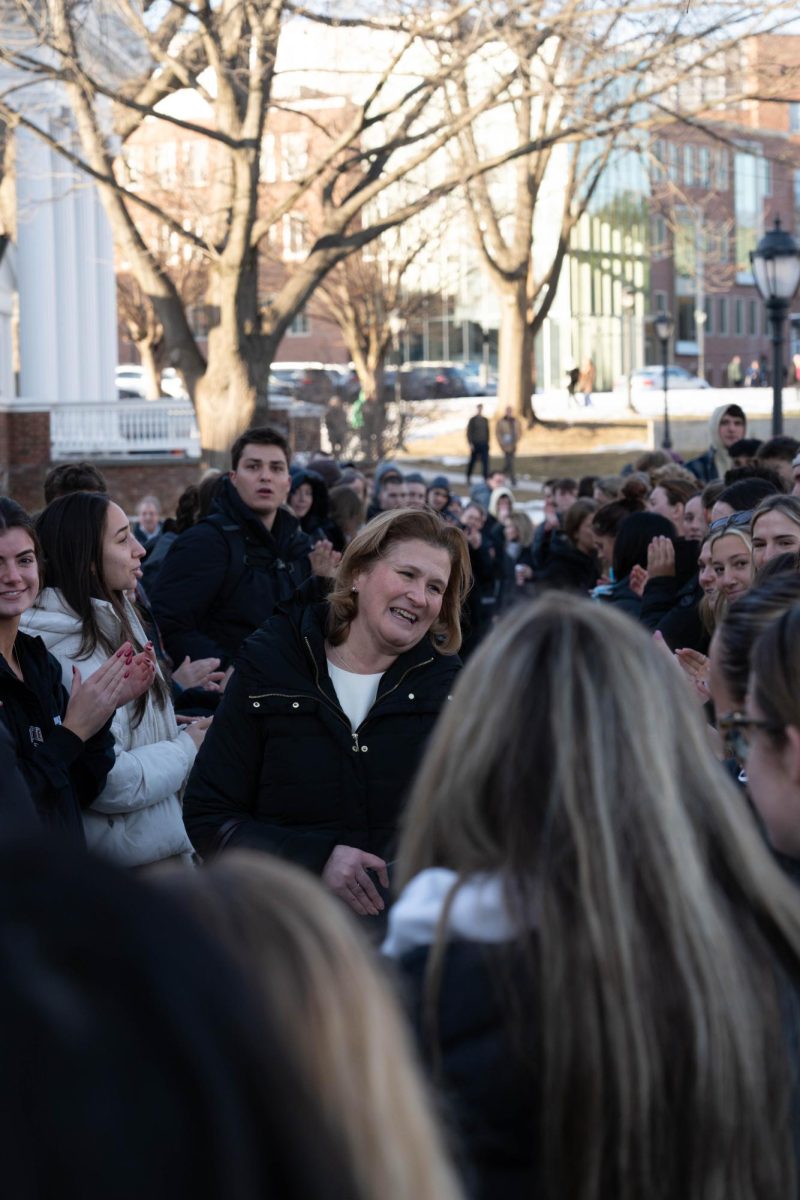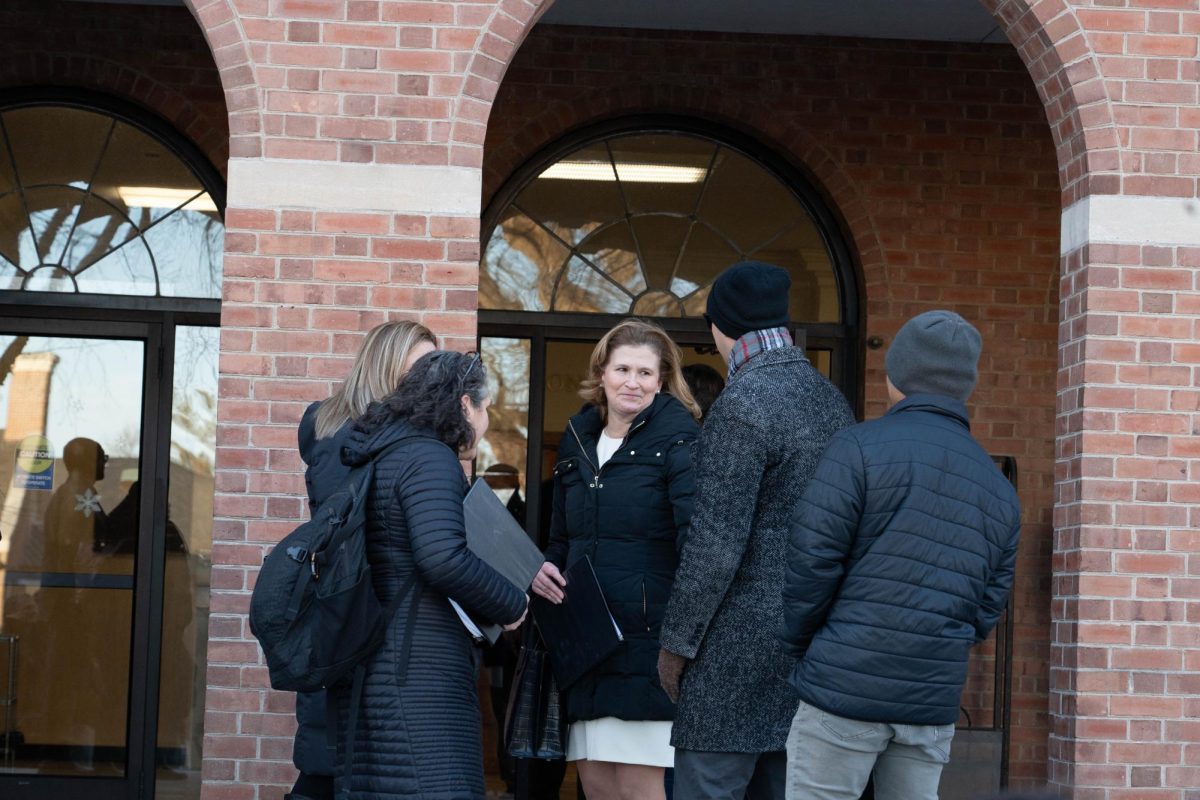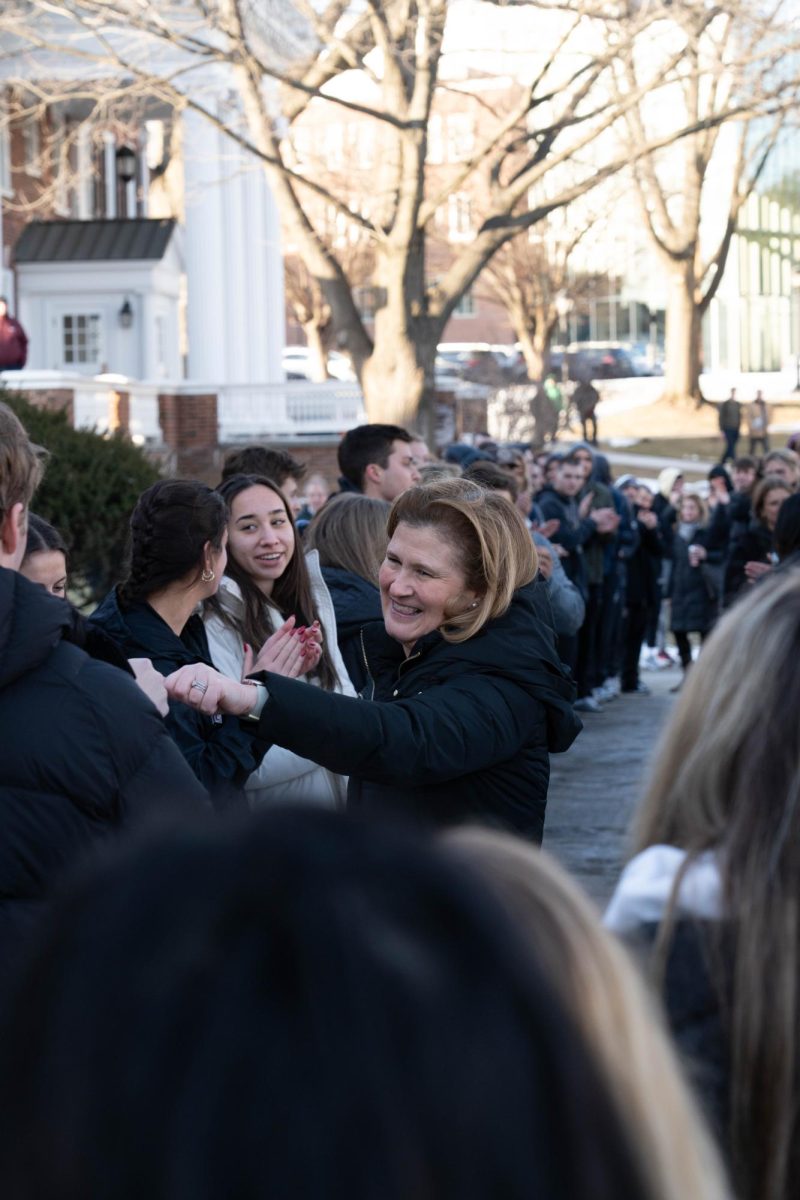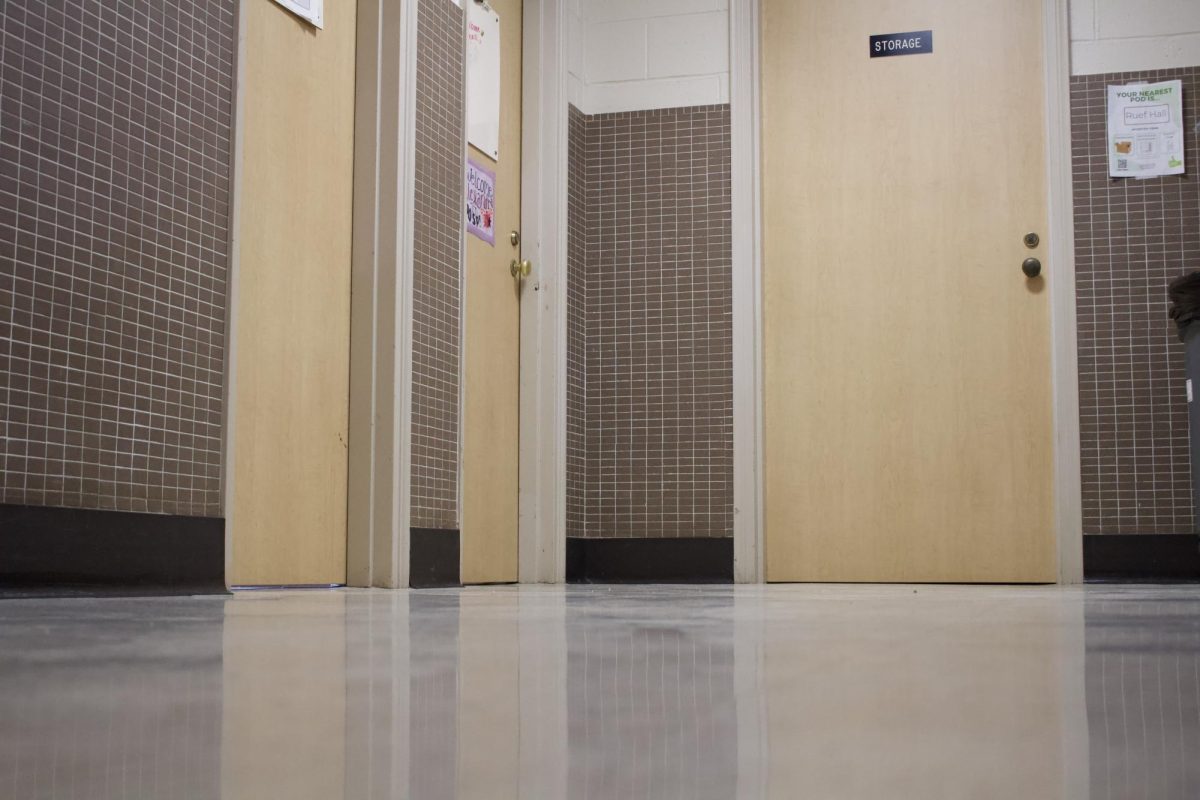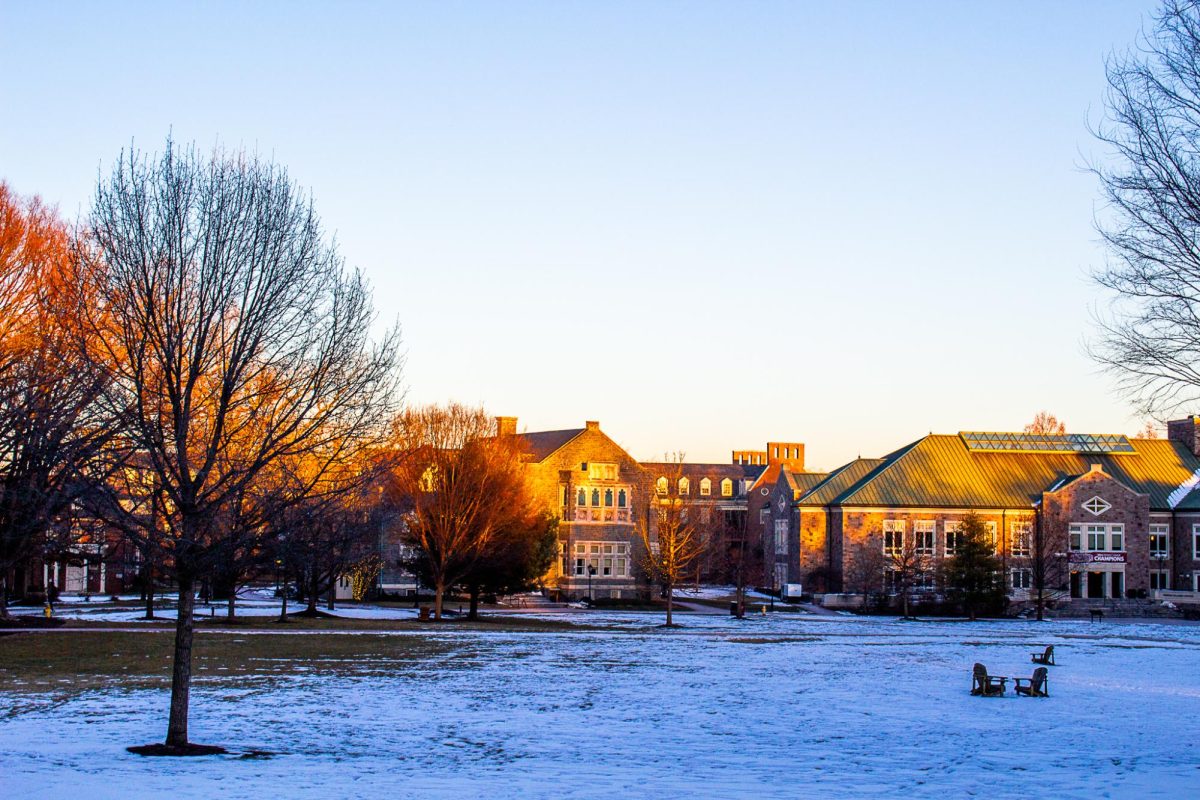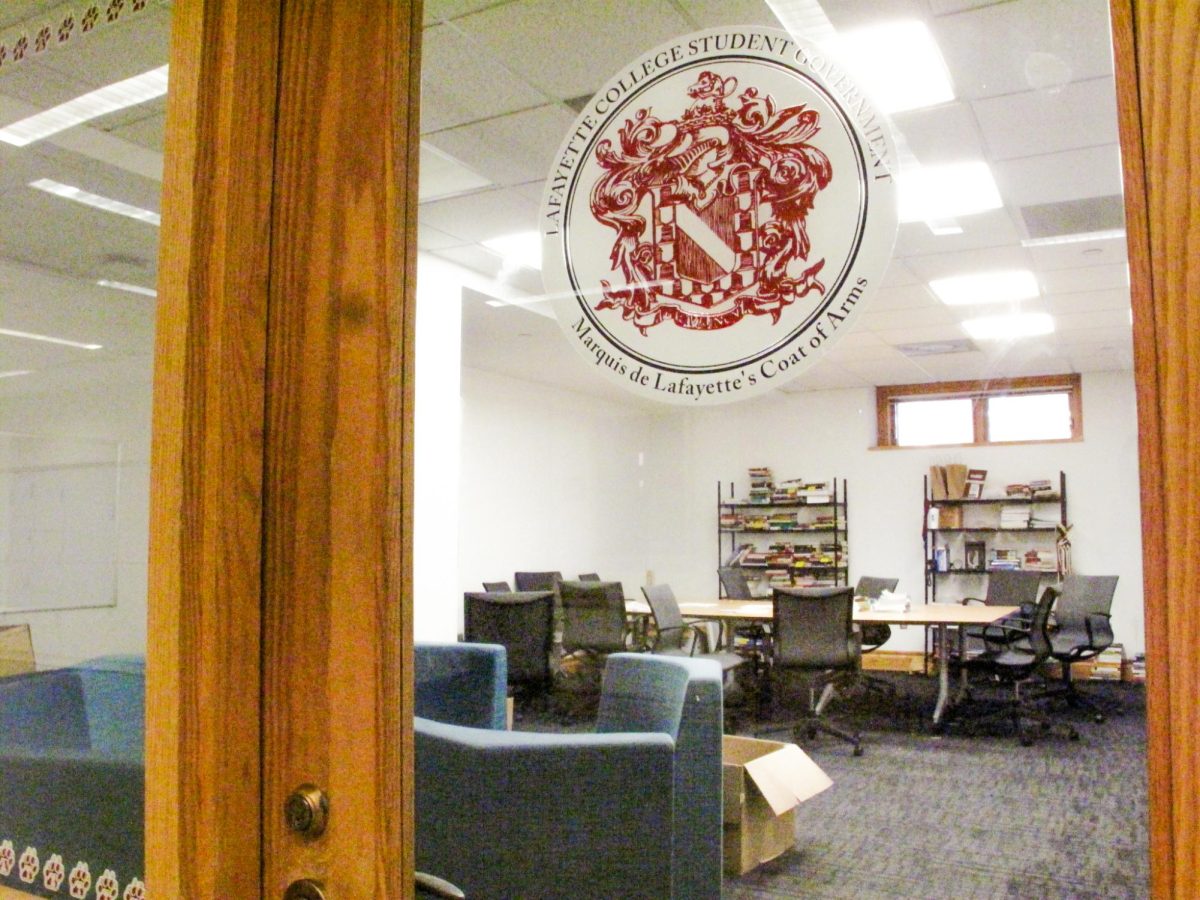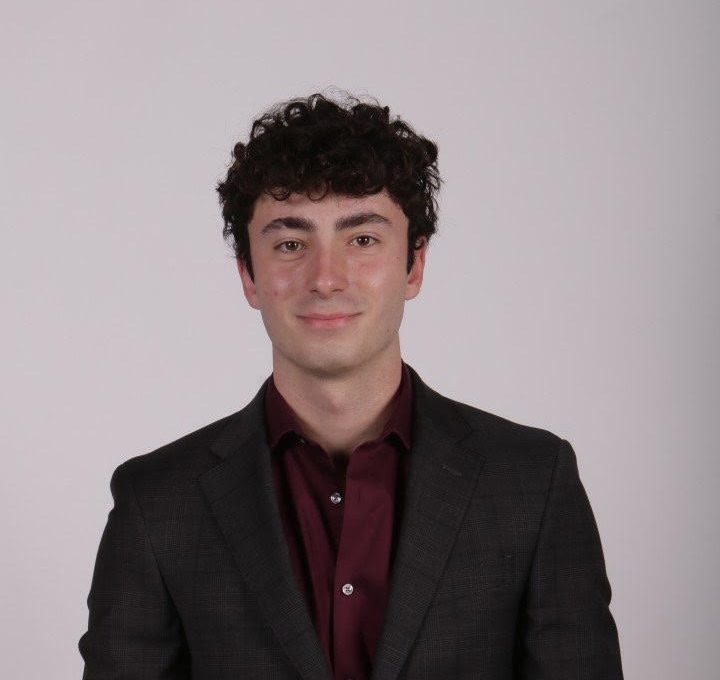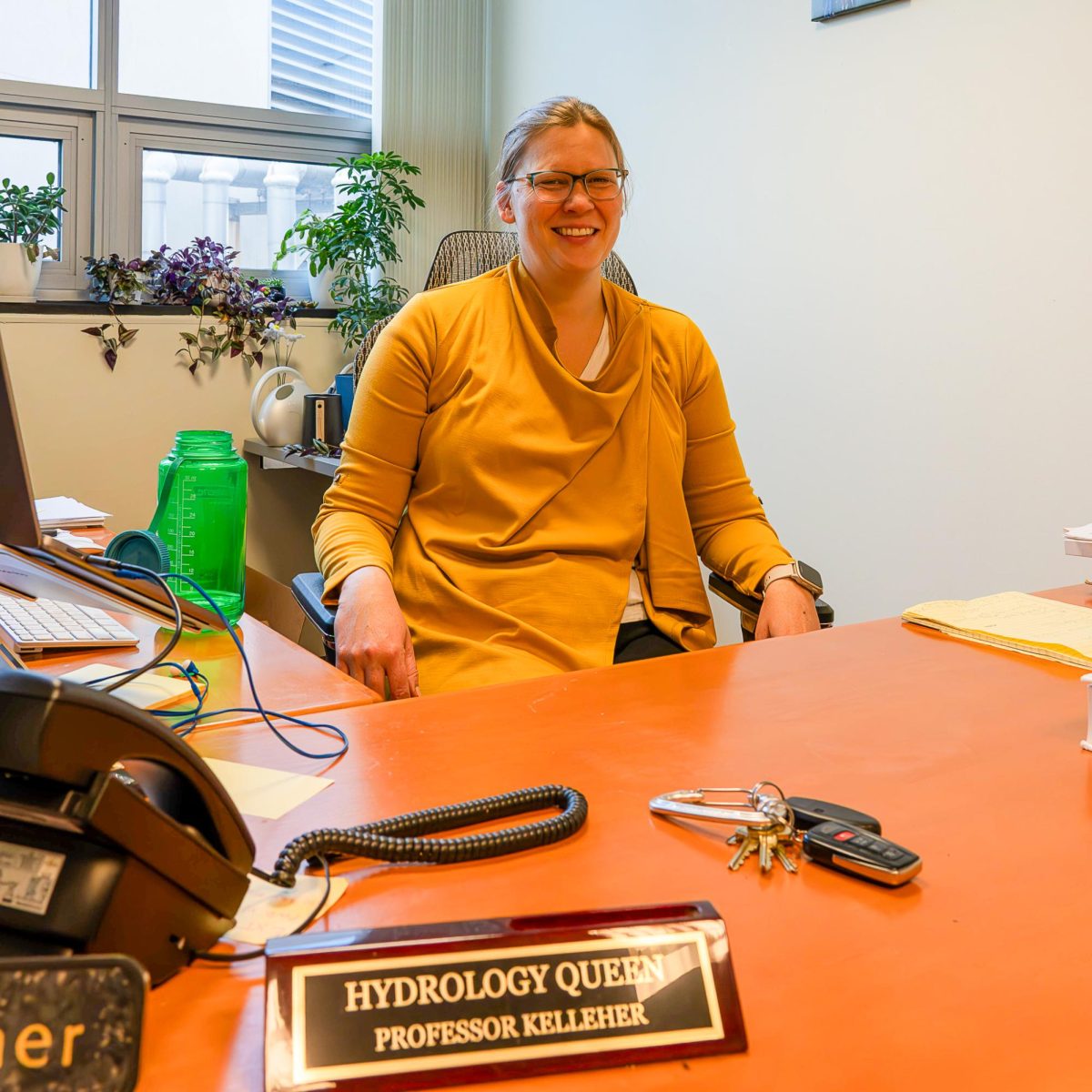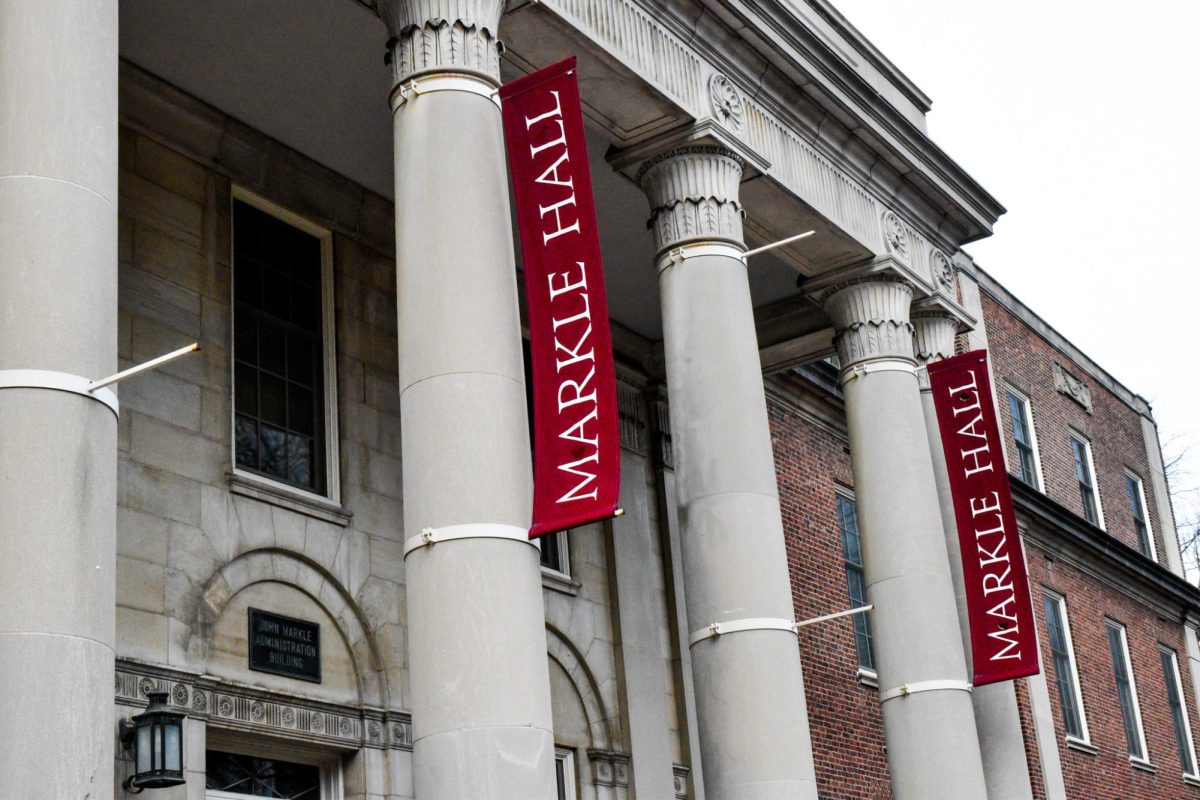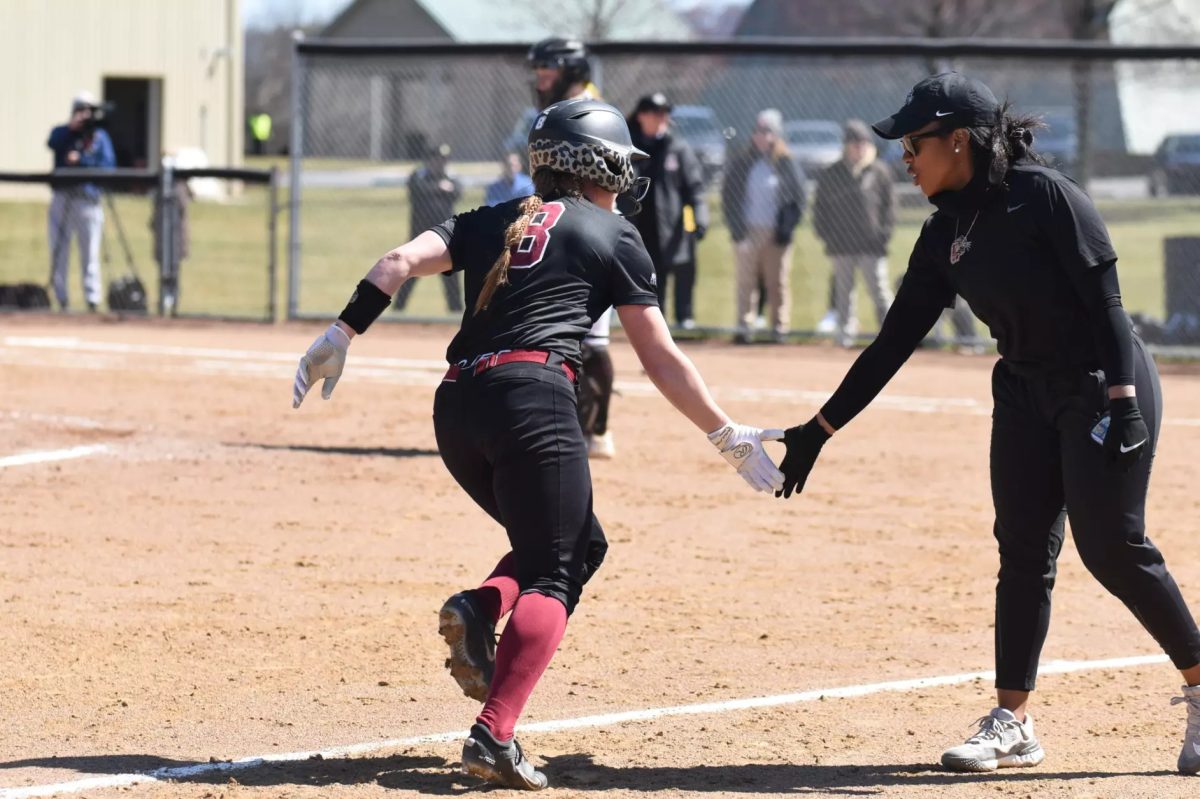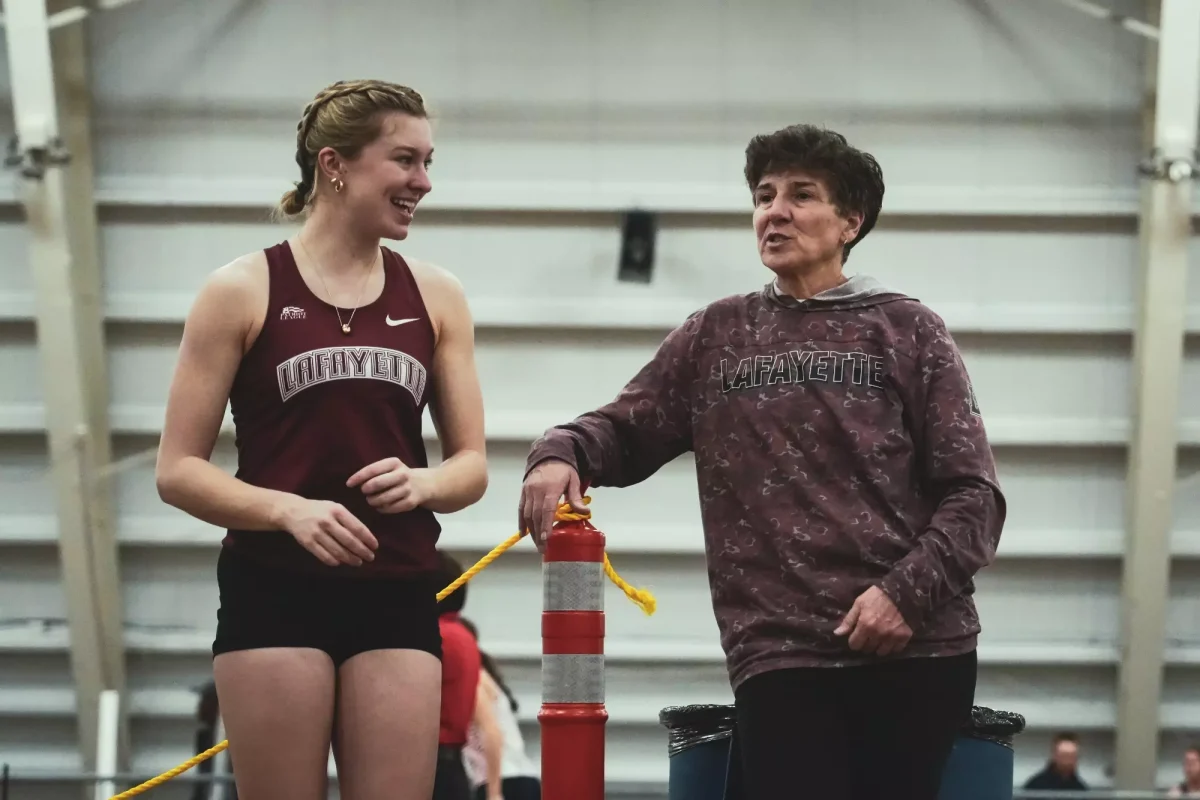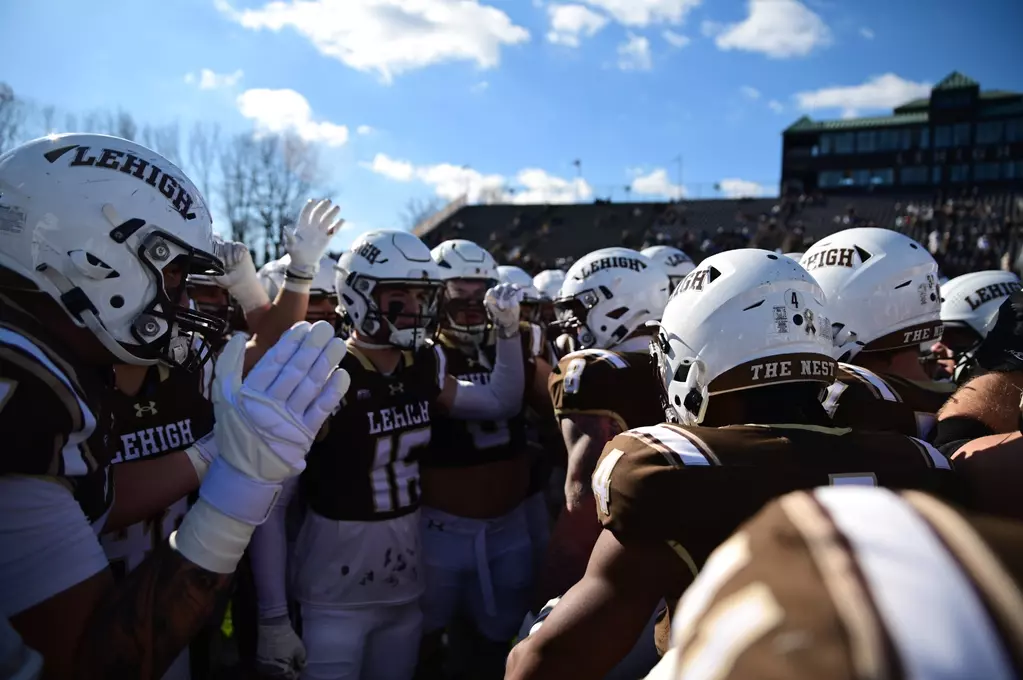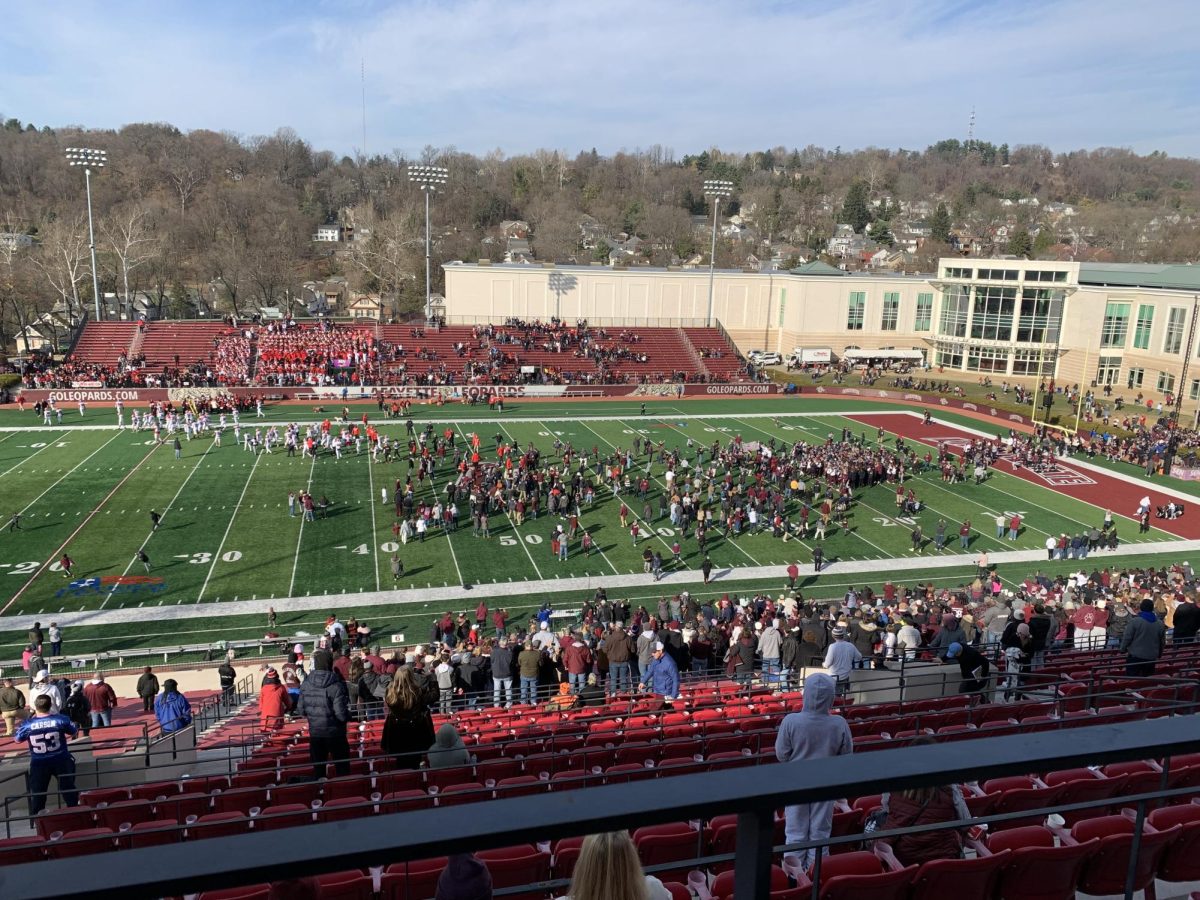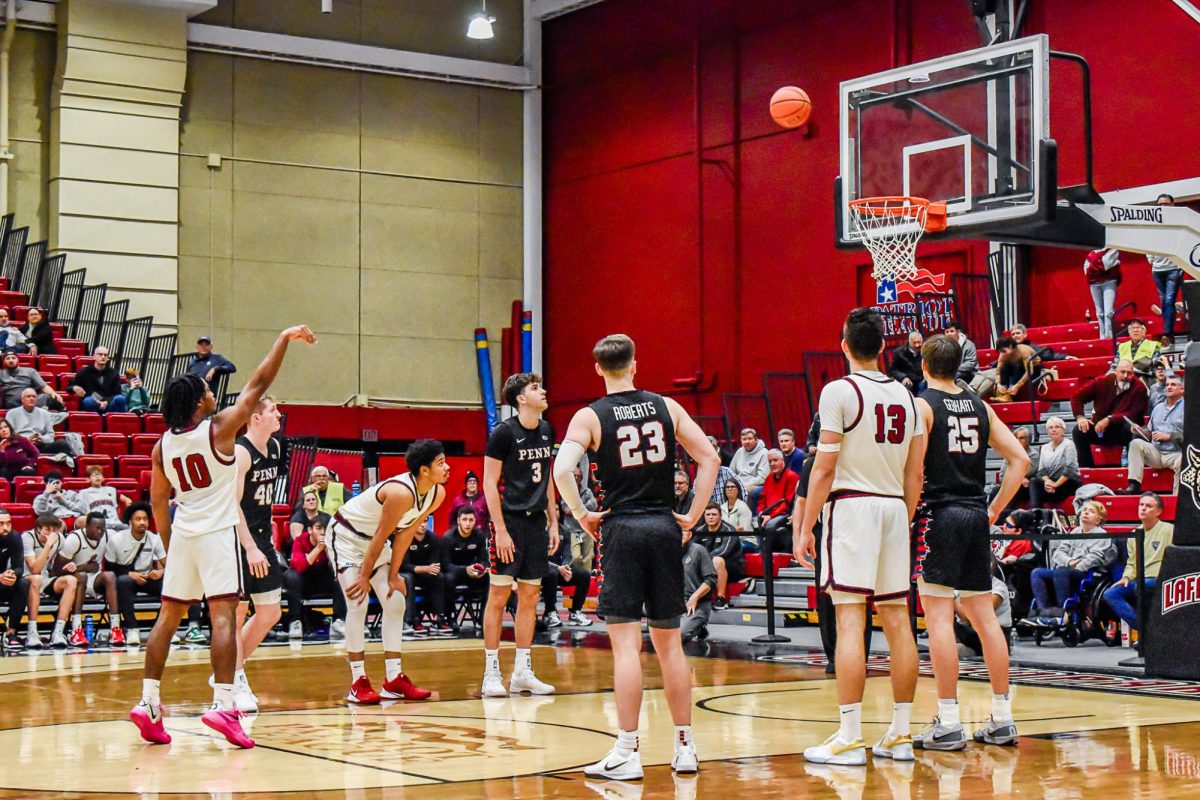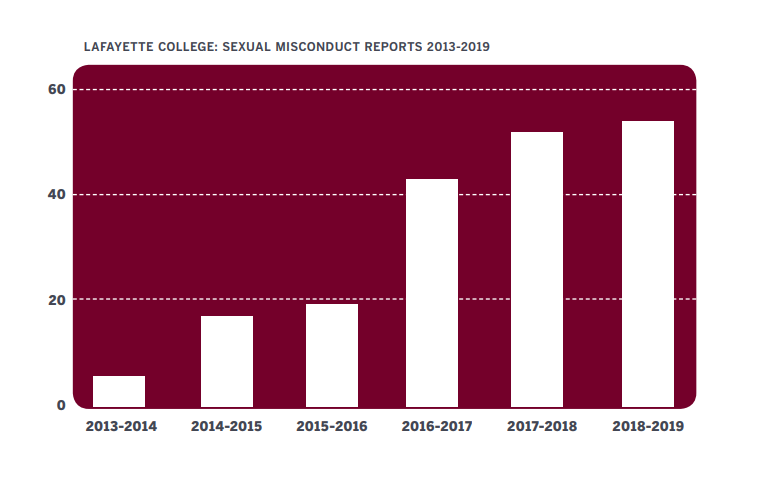The college has implemented the Sexual Misconduct and Resources Training Team (SMART) this year to more effectively handle reporting of incidents involving sexual assault and sexual harassment. This program is replacing the previous Sexual Assault and Sexual Harassment (SASH) advisor program in an effort to increase student engagement, according to Annette Diorio, Vice President for Campus Life.
SMART faculty and staff are specifically trained to provide resource referrals and support to students who have experienced sexual misconduct, Director of Educational Equity Jessica Brown said. This newly designed role does not include the 24-hour response feature of the previous SASH program, which Brown said was not highly utilized.
“Based on a number of reasons including low call volume, and after discussion with various community members, it was decided that students may find this in-person group a more valuable resource option,” Brown said.
Diorio added students can still receive 24-hour responses from groups such as the Crime Victims Council of the Lehigh Valley, a resource SMART advisors could guide students too.
Computer science professor Joann Ordille is one of the new SMART advisors. She said she became interested in the program because she wanted her students to know “that they can confide in [her] if anything is bothering them.”
Students who report through a SMART advisor can remain anonymous, which is not the case when speaking with all other college employees.
“Sometimes people want to talk about something that happens but don’t want their name involved and don’t want any other names reported,” Ordille said. “We want students to talk about things that have concern to them without having names reported to the federal government.”
“Part of the healing process is to reclaim power—knowing you can talk to the counseling service confidentially means you have the power to decide who knows about the assault,” she added.
There are three levels of privacy at Lafayette, according to Ordille. Any college faculty or administrator, known as a “responsible employee”, who is not a SMART advisor is required to report to the school what occurred and the name of the people known to be involved if a student comes to them with information. This is the first level of privacy.
A SMART advisor is ranked at the second level, known as private. These private resources have the requirement to report that the event occurred, but can keep the identities of the people involved confidential. At the third level, counselors from the counseling services and the college chaplain have professional privileges which allow them to provide “confidential services and support with extremely limited exceptions,” according to the college website.
“The SMART team are considered ‘private’ under our policy designation, which means they will report non-identifying information to the college,” Brown wrote. “An individual may file an anonymous report at any time using the OnePard report form…however, the College’s ability to respond is limited when we receive anonymous reports.”
Ordille was also a Sexual Misconduct Support (SMS) advisor and a part of the previous SASH program.
“The current SMART trained faculty and staff members were previously members of the Sexual Misconduct Support Advisors group. I am planning to host a training for newly interested faculty and staff prior to next semester,” Brown said.
Ordille said she likes that the names of all of the SMART advisors will be published so students can see if they have a trusted staff member that they can talk to.
“The new model is to decide which advisor you’d like to have a discussion with so you can reach out and make an appointment,” she said. “My hope is that someday there will be a SMART advisor in each department, so that if anyone has a concern there will be someone nearby that they can reach out to.”
“Our job is to help students realize all of the options to recover personally from an incident or to seek disciplinary action against someone who assaulted [or] harassed them that are available,” she added.
Because the new program is less demanding for advisors in terms of their time commitment, Ordille said that thinks it will attract more faculty and staff to participate.
“[We] want students to know that if they experience sexual misconduct, they are not alone,” Ordille said. “The SMART advisors and many other parts of Lafayette are here to help them and provide resources to help in deciding and pursuing next steps.”
“We also want to encourage all students to watch out for each other,” she added. “Having someone there to make sure all your power is given back to you is comforting after a situation where it may feel that you have had your power taken away.”

